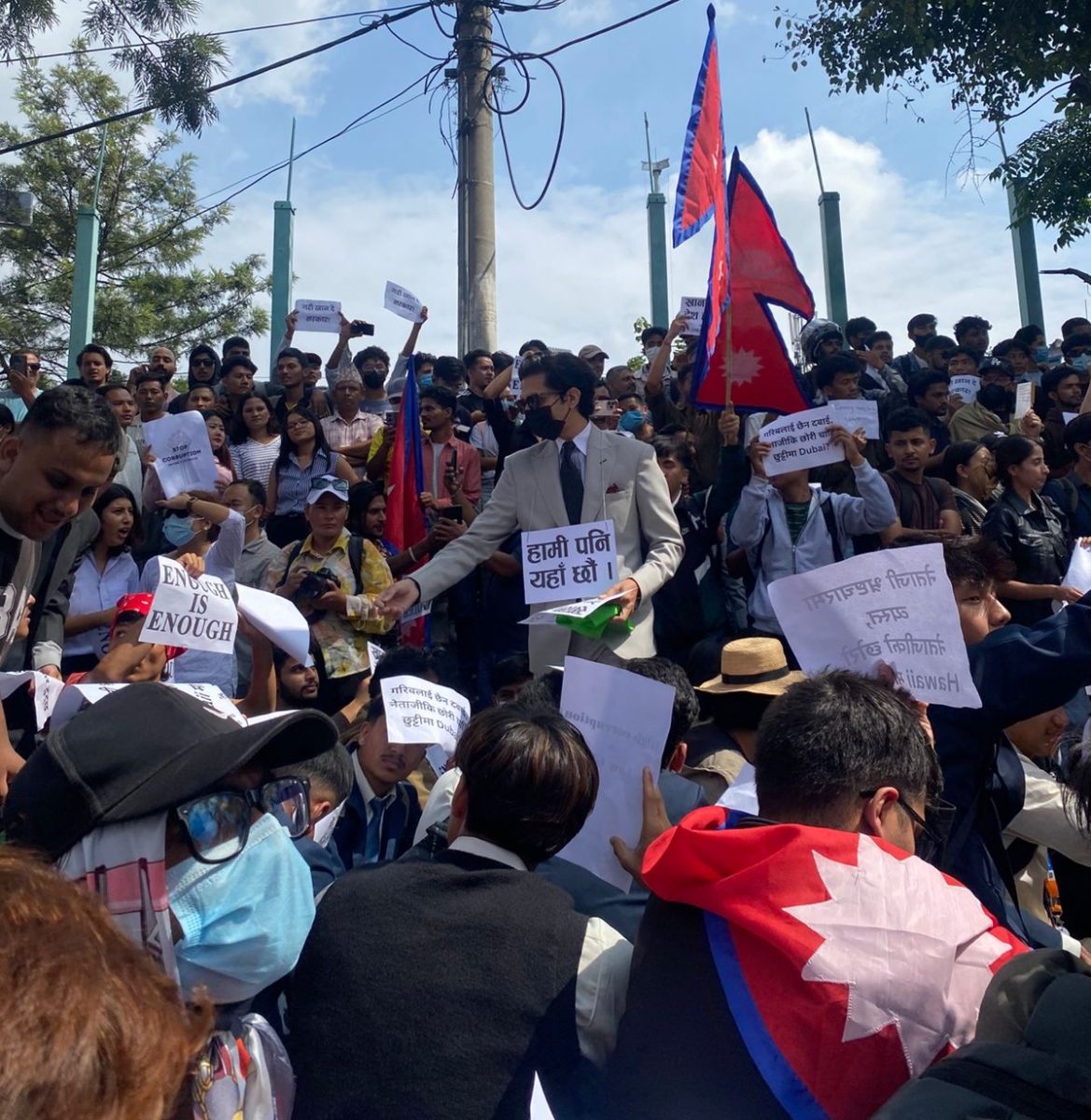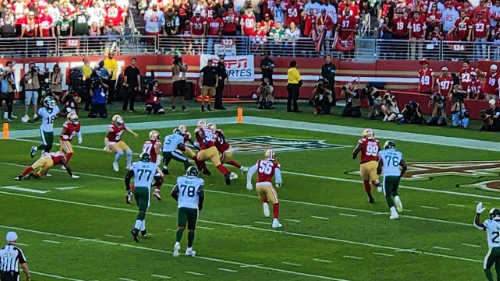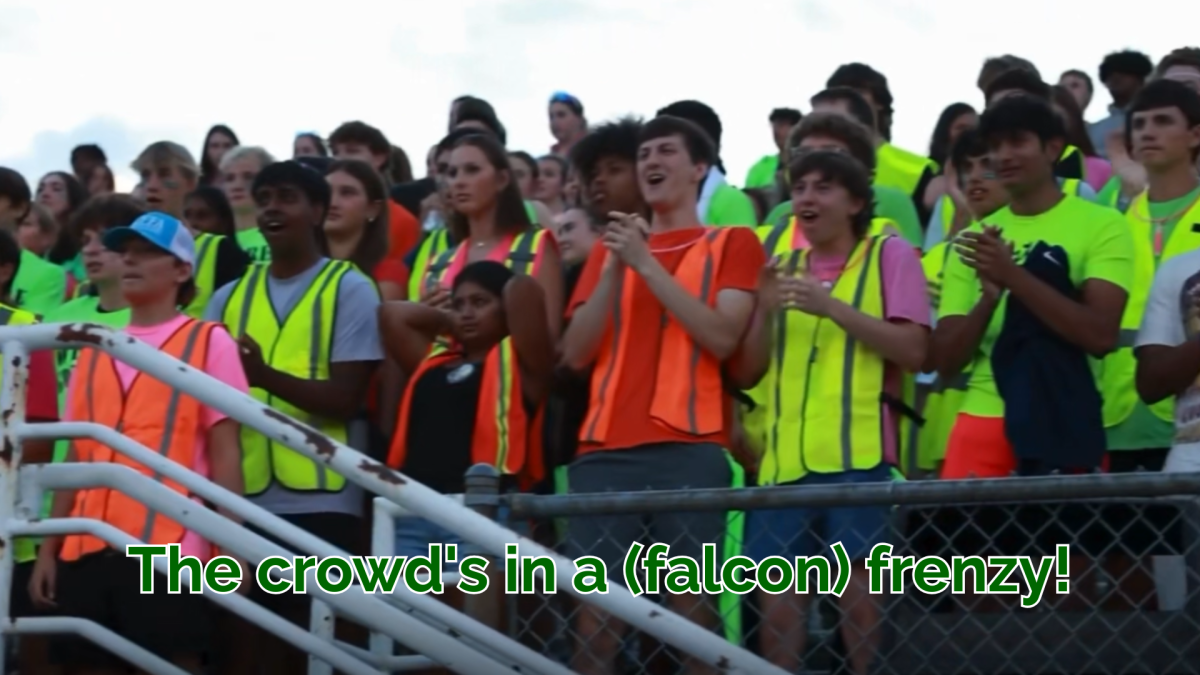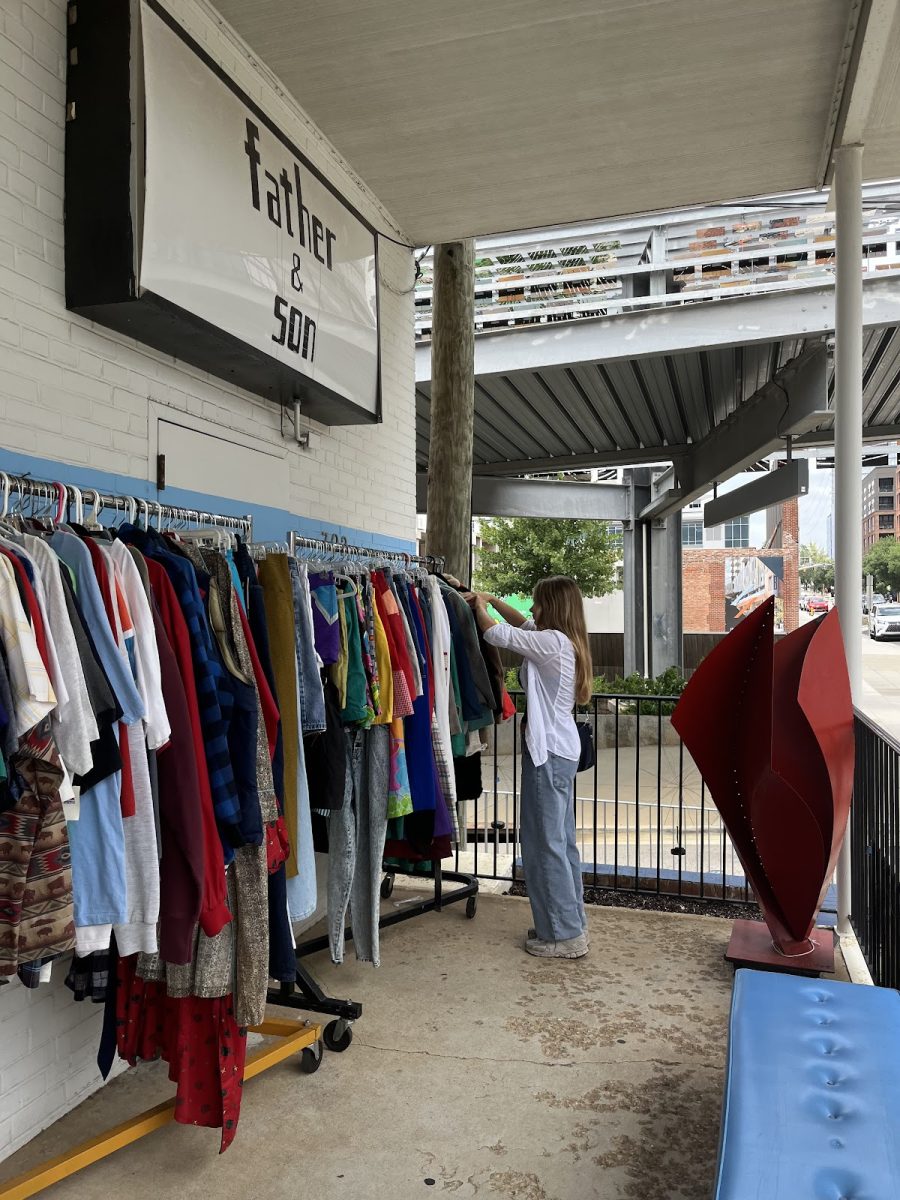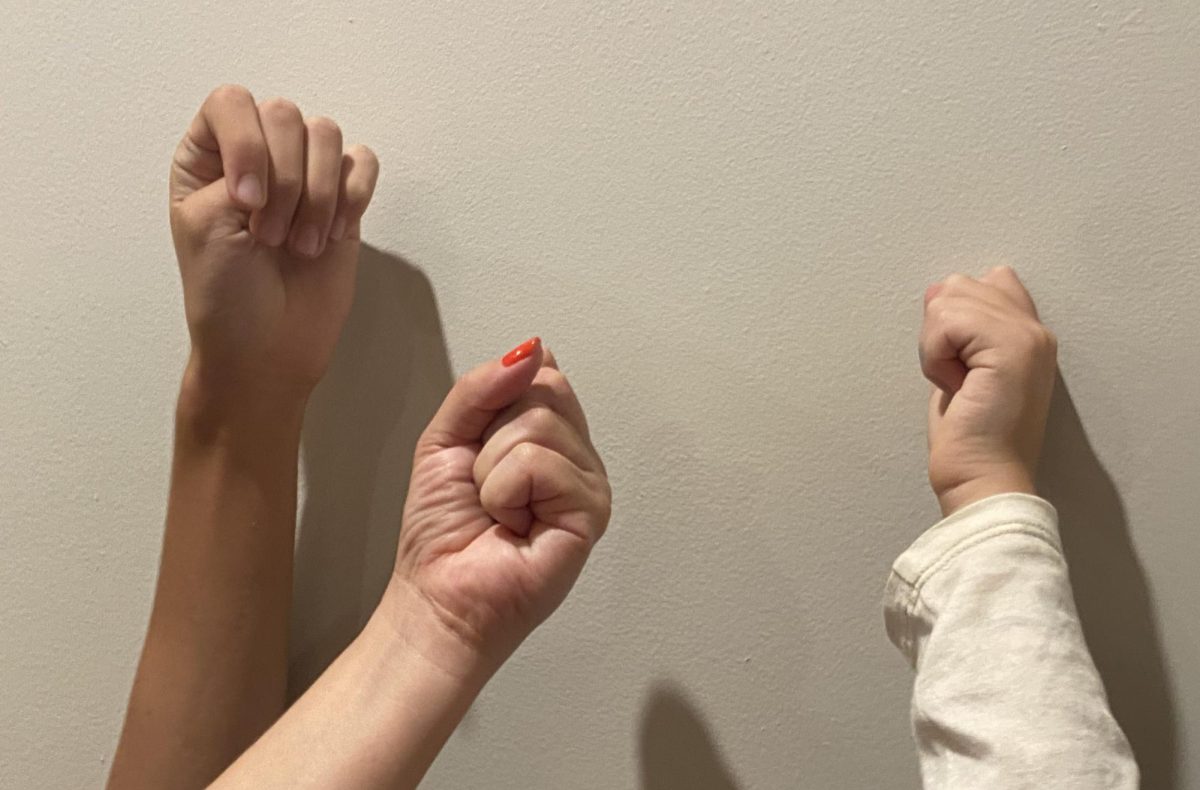The First Amendment, adopted in 1791 as a part of the Bill of Rights, has protected Americans’ right to peacefully protest for centuries. This led to crucial protests that changed the United States’ history. The right to protest has helped the country progress both in attitude, structure and has introduced many notable figures like Martin Luther King Jr (Civil Rights Movement), Marsha P. Johnson (Gay Pride Movement), and Susan B. Anthony (Women’s Suffrage Movement).
Stage level protesting, defined as protesting that disrupts a larger event to make a point, has been a technique used to amplify the wants of the people through more than just marching, and in many instances has led to a change in government policies and treatment. However, in recent years stage level protesting gains more coverage now with social media than it has in past years. The question is: Is more social media coverage a good thing?
Awareness about an issue is the number one goal, as the more people who know about the issue being protested means a higher chance to reform a flawed system. On the other hand, people are always going to find ways to criticize a movement or the way a protest is carried out.
On September 7th, during the U.S. Open women’s semi-final between Coco Gauff, playing for the U.S., and Karolina Muchova, the Czech Republic player, four climate change protesters stood up and started chanting “End Fossil Fuels” along with shirts stamped with the same phrase. While the protest itself was heavily covered by the media, the opinions and articles were far from supportive.
Many argued that the protest took away from a more important event as Coco Gauff was about to win the semi-finals for the United States. Due to the protest, the women’s semi-finals were postponed for almost an hour, striking a final nerve within the audience. According to CNN, Gauff herself claimed that she would rather the protest not happen when she was winning, to keep the momentum of the game going although she also stated she wasn’t upset about it. The backlash from the fans, however, was far from done.
Most of the backlash came from Tennis fans, which could be expected when protesting at one of the sport’s major events. The main problem was that these fans were in opposition to the inconvenience it put on Gauff and the U.S. team, despite Gauff’s continuous claims that she herself wasn’t angry with it. Some even pointed out potential hypocrisy, speculating that the protesters themselves used fossil fuels.
The group claimed that they chose to protest at the U.S. Open because it was a mass event with more ears to listen. They figured since many of their other attempts hadn’t gained much coverage, this could be their chance to get their message out across a wider platform.
The protesters were speaking out against Climate Change at a U.S. Open match. They weren’t speaking out against the U.S. Open specifically, but a much broader issue. A very important issue that could have been addressed in a more appropriate place.
The U.S. Open is one of the most highly anticipated sports events, even more so this year because so many Americans were competing. With stakes like these, it’s easy for people to villainize protesters for the disturbance.
The inconvenience placed on the fans, players, and officials were not due to anything that they did specifically. This creates an illusion of punishment for all in attendance, and in this situation that doesn’t seem just. It makes more sense to punish people that contribute to the problem such as coal and automobile companies.
An example of this could be taken from this fall’s New York Fashion Week. A protester from People for Ethical Treatment of Animals (PETA) was protesting against Coach manufacturing their bags using leather made from animal skin. One protester walked down a New York Fashion Week runway on September 8th holding a sign that read “Coach: Leather Kills”. She was detained by security only seconds after she got on stage.
Although the protest disrupted the event, it also confronted the company they were protesting against, making the inconvenience justified. In turn it got a more positive response than the U.S. Open protest. People started to repost the event and cheer the protesters on, creating more positive attitudes surrounding PETA and their goals.
There will always be something to say about stage level protests because they are meant to stir controversy. Someone is always going to be inconvenienced from activism, so there needs to be a discussion about time, place, and the overall effect that inconvenience will hold.
In the case of the U.S. Open protesters, they will always be known for the people who glued their feet to the floor and delayed a U.S. victory by mass media. Although there will always be supporters of the movement as a whole, not correlating where a protest is staged with what is being protested can lead to unwanted responses from the target audience.
What the U.S. Open and PETA protesters were speaking out against were both valid, however the execution made all the difference. Protests are meant to persuade and influence people through inconvenience but when that inconvenience overshadows its main purpose, the protest becomes ineffective. Many factors can contribute to a stage level protest being villainized through the media and its loyal fans but with careful consideration and execution, an alternate positive response can be manufactured.









